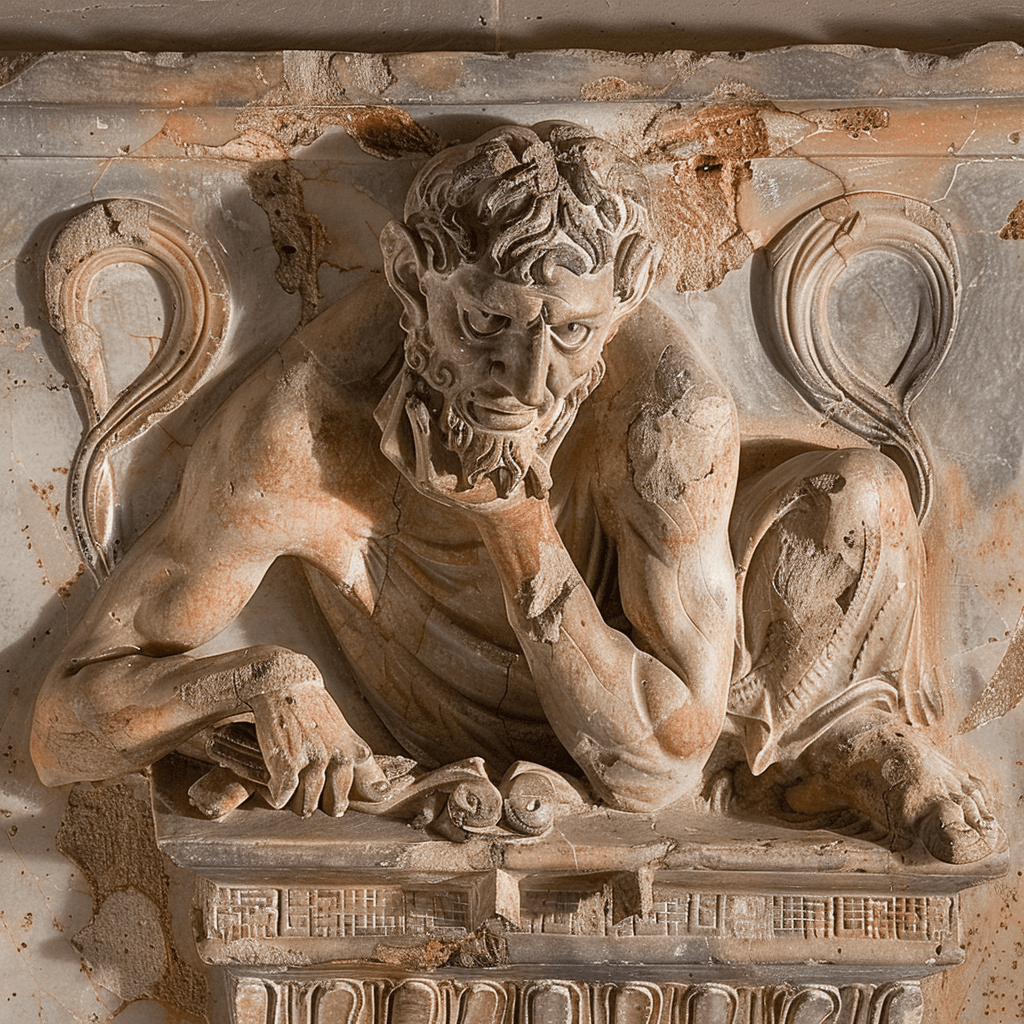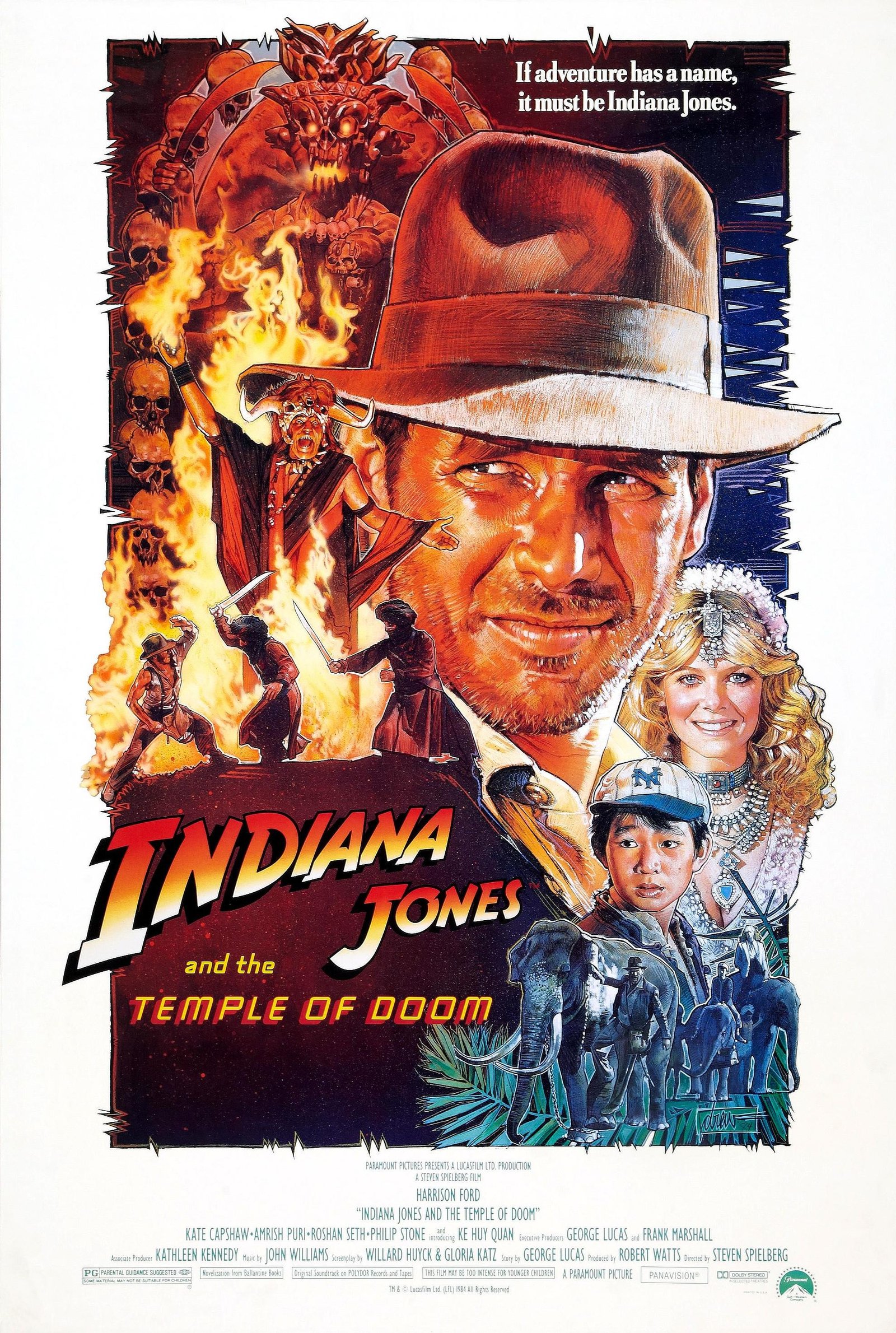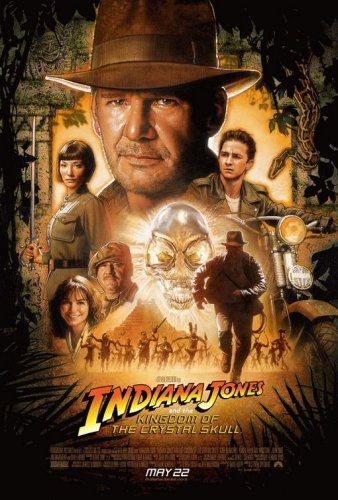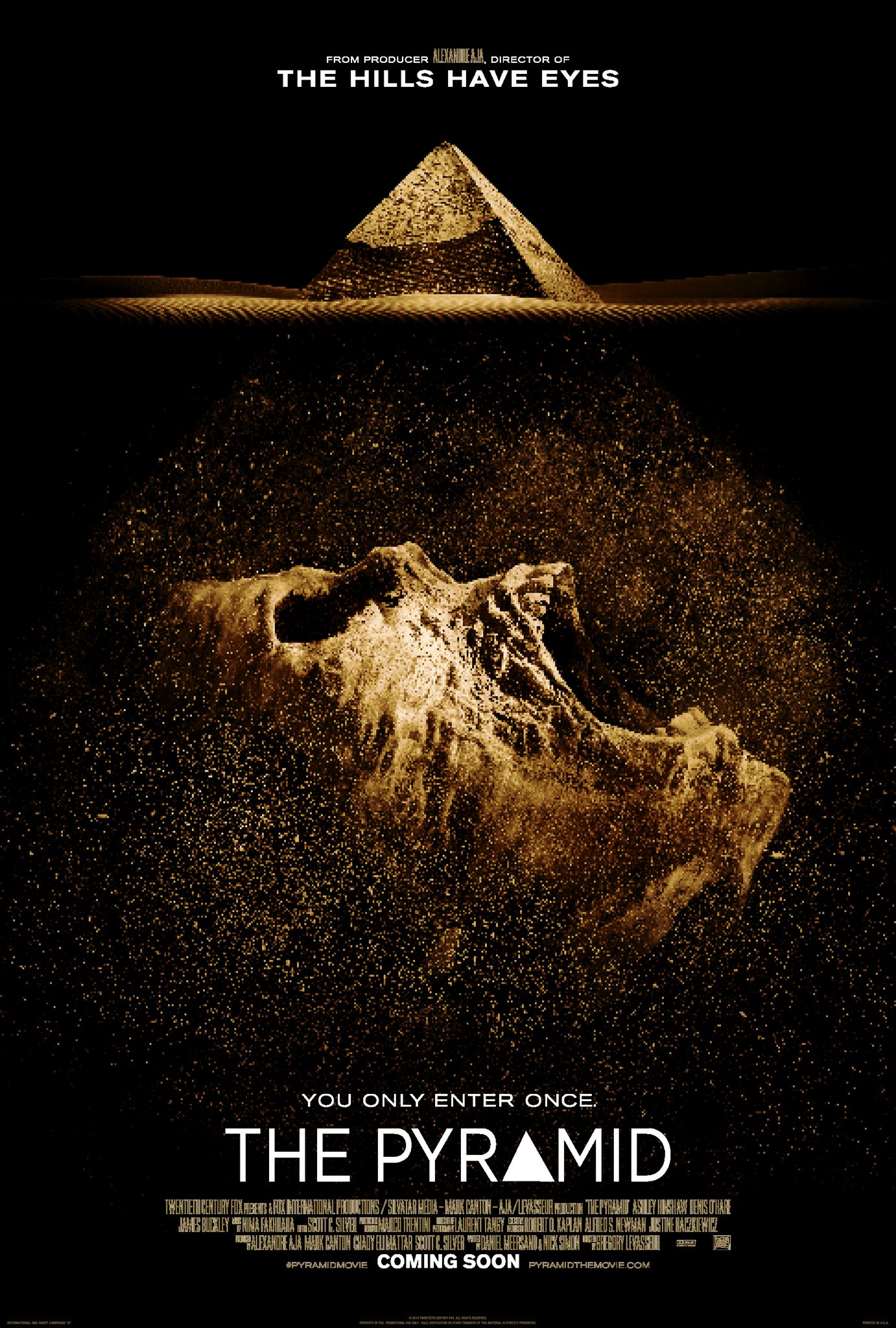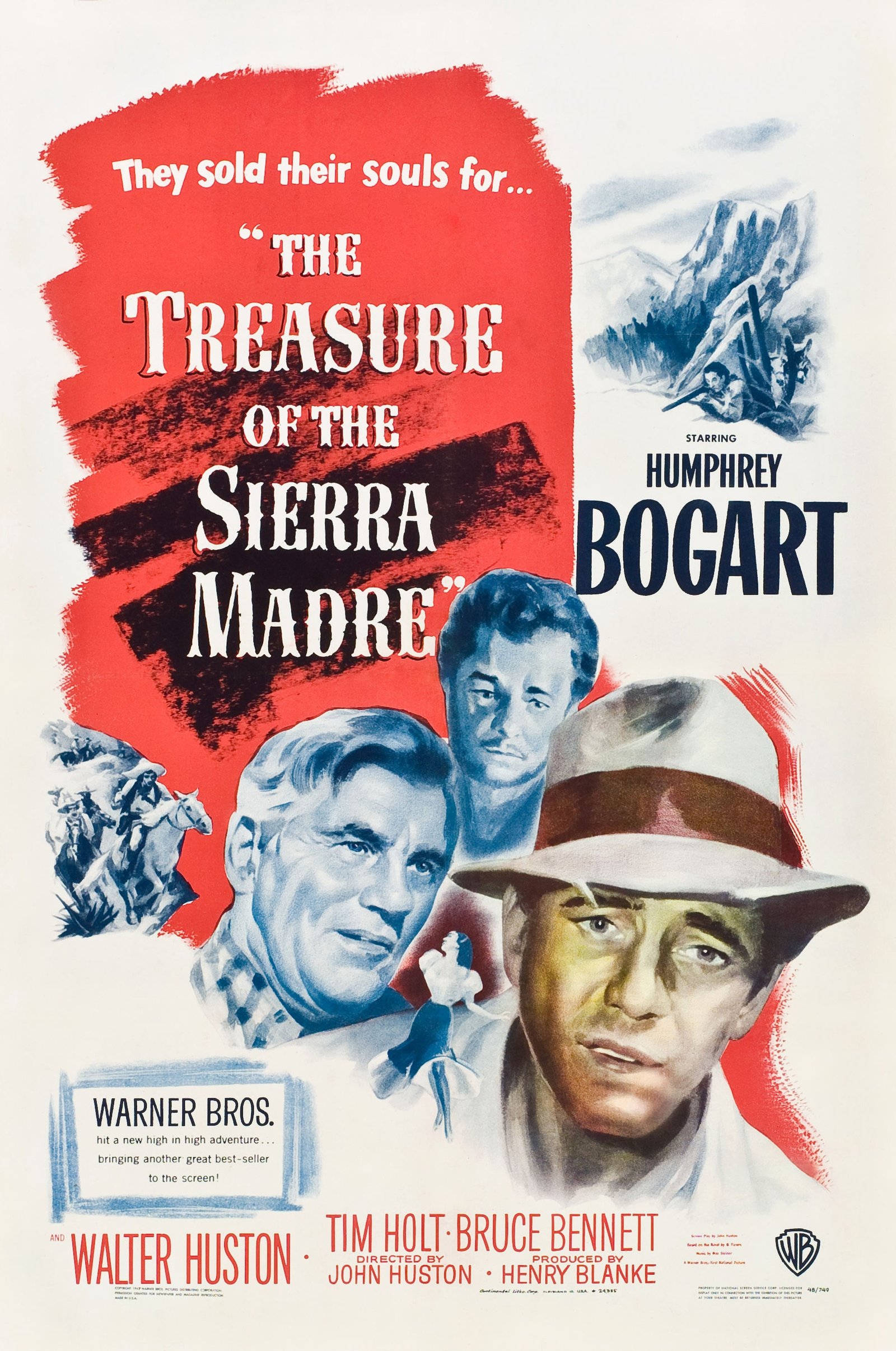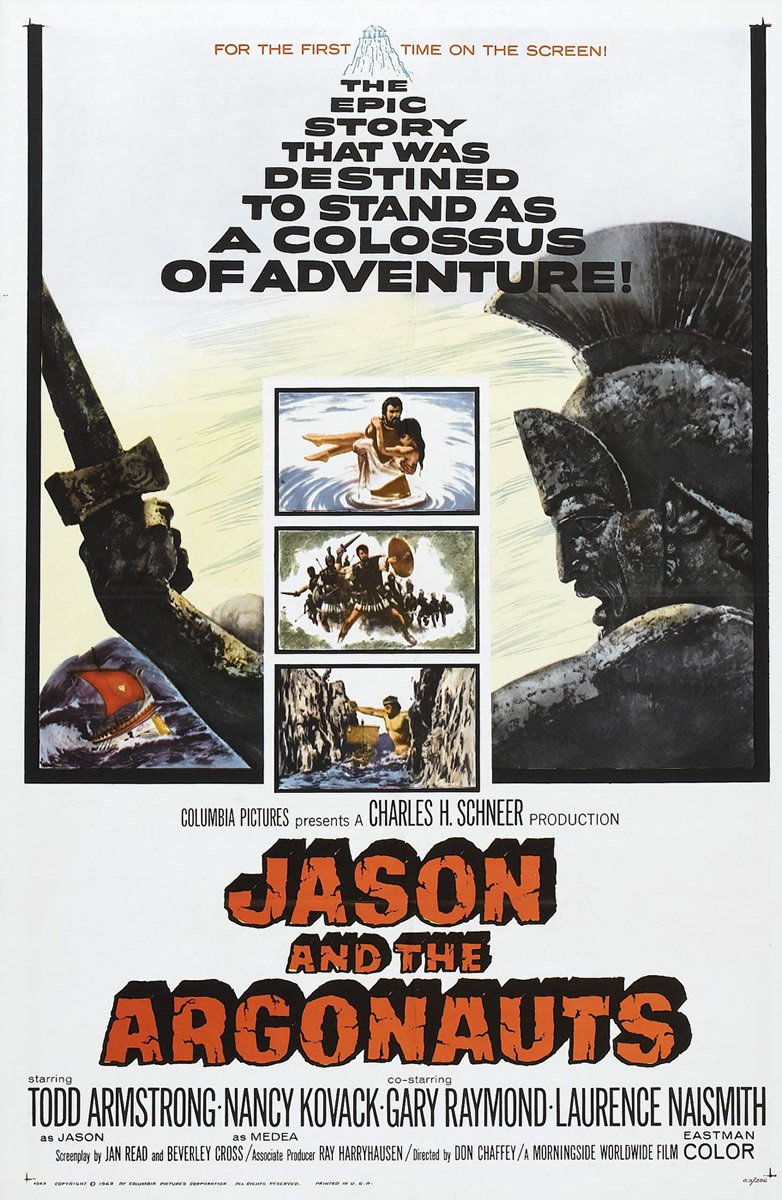Etruscan Mythology
Etruscan Mythology
iron-age
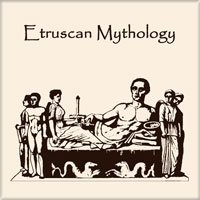
Etruscan mythology comprises a set of stories, beliefs, and religious practices of the Etruscan civilization, originating in the 7th century BC from the preceding Iron Age Villanovan culture, with its influences in the mythology of ancient Greece and Phoenicia, and sharing similarities with concurrent Roman mythology.
The Etruscan civilization existed in ancient Italy from around the 8th century BCE to the 3rd century BCE, and its myths and religious beliefs have been largely lost to time. However, some of the myths that have been reconstructed from the surviving evidence include:Famous Myths of Etruscan Mythology
-
The myth of Tages
Tages was a child-god who emerged from the plowed fields and taught the Etruscans divination and the art of reading the will of the gods.
-
The myth of Charun
Charun was the Etruscan god of death, and was often depicted as a fearsome figure with a hammer, ready to strike the souls of the dead.
-
The myth of Turms
Turms was the Etruscan equivalent of Hermes, the Greek messenger of the gods. He was known for his speed and agility and was often depicted with winged sandals.
-
The myth of Menrva
Menrva was the Etruscan goddess of wisdom, war, and the arts. She was often equated with the Greek Athena and the Roman Minerva.
-
The myth of Laran
Laran was the Etruscan god of war, and was often depicted as a fierce warrior, ready to defend his people.
Etruscan Mythology Legends
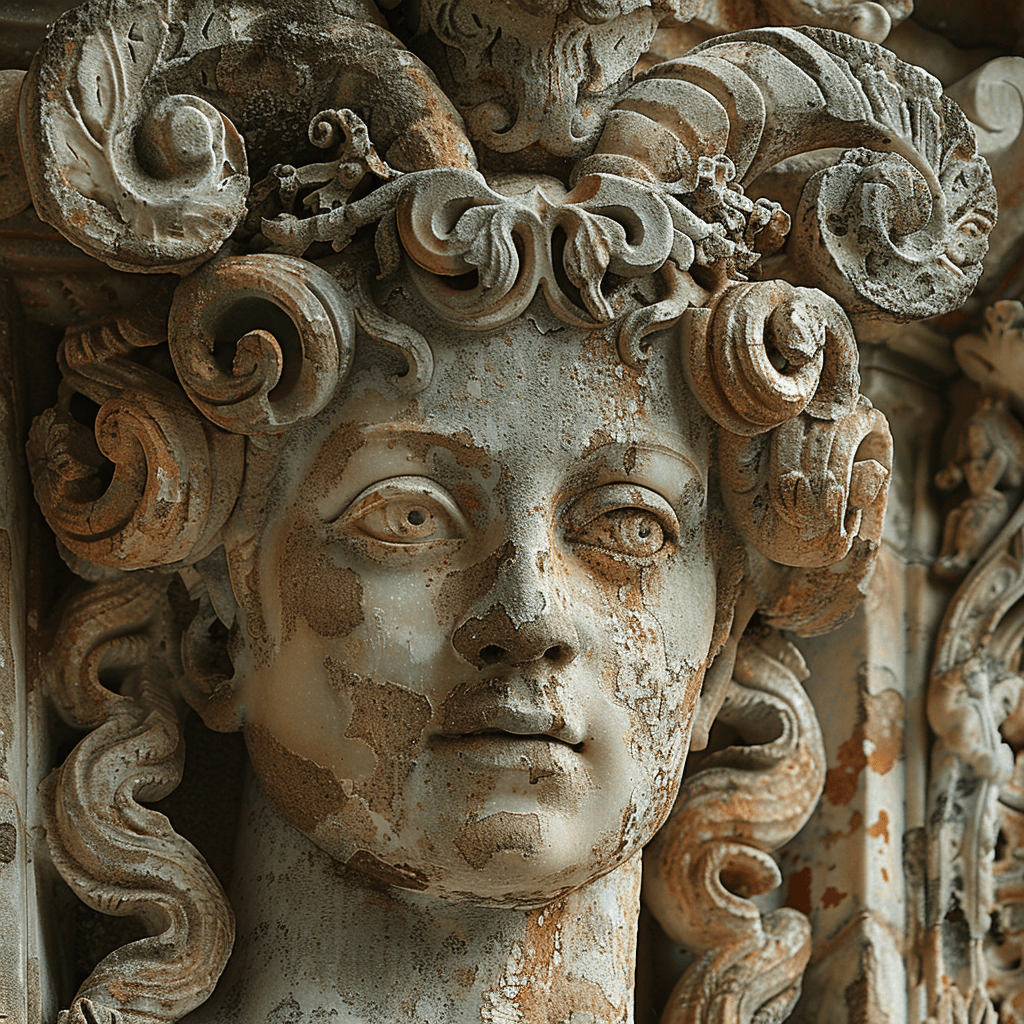
Turms
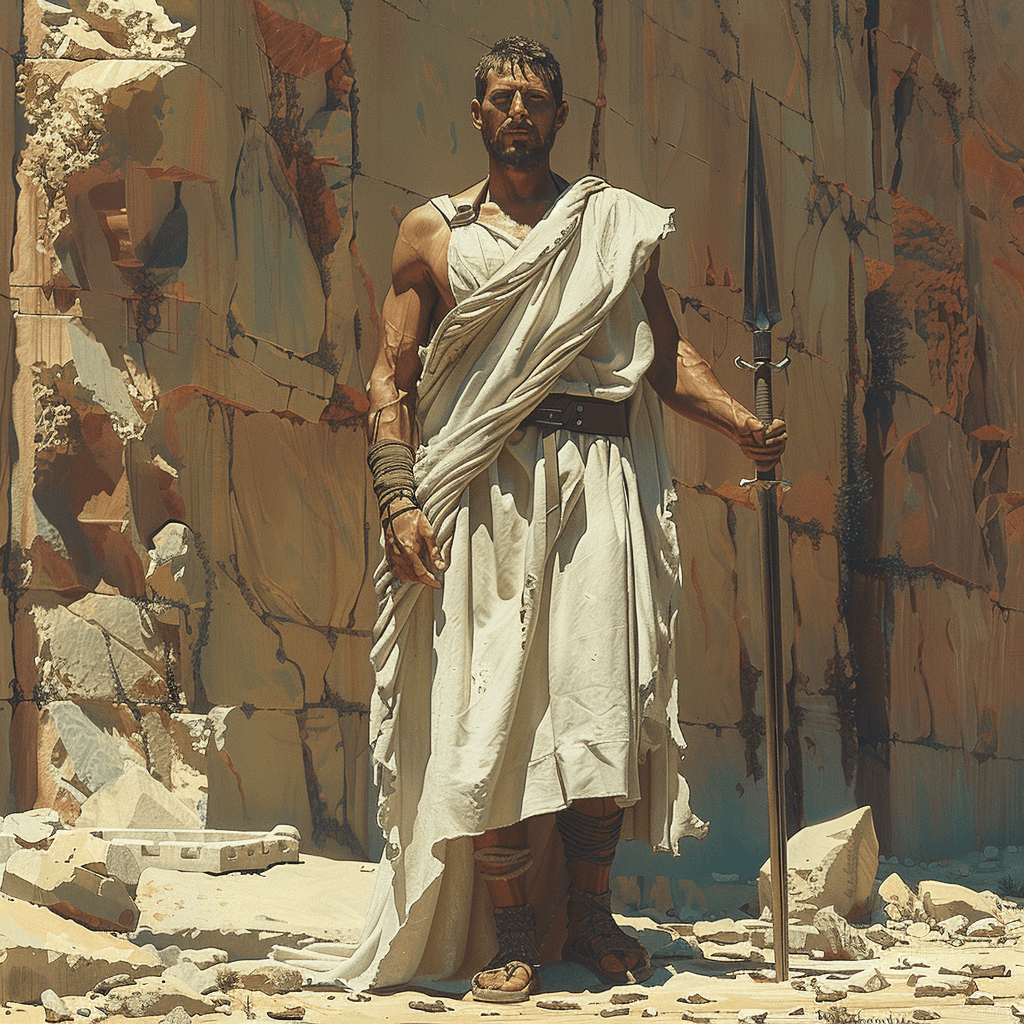
Aruns
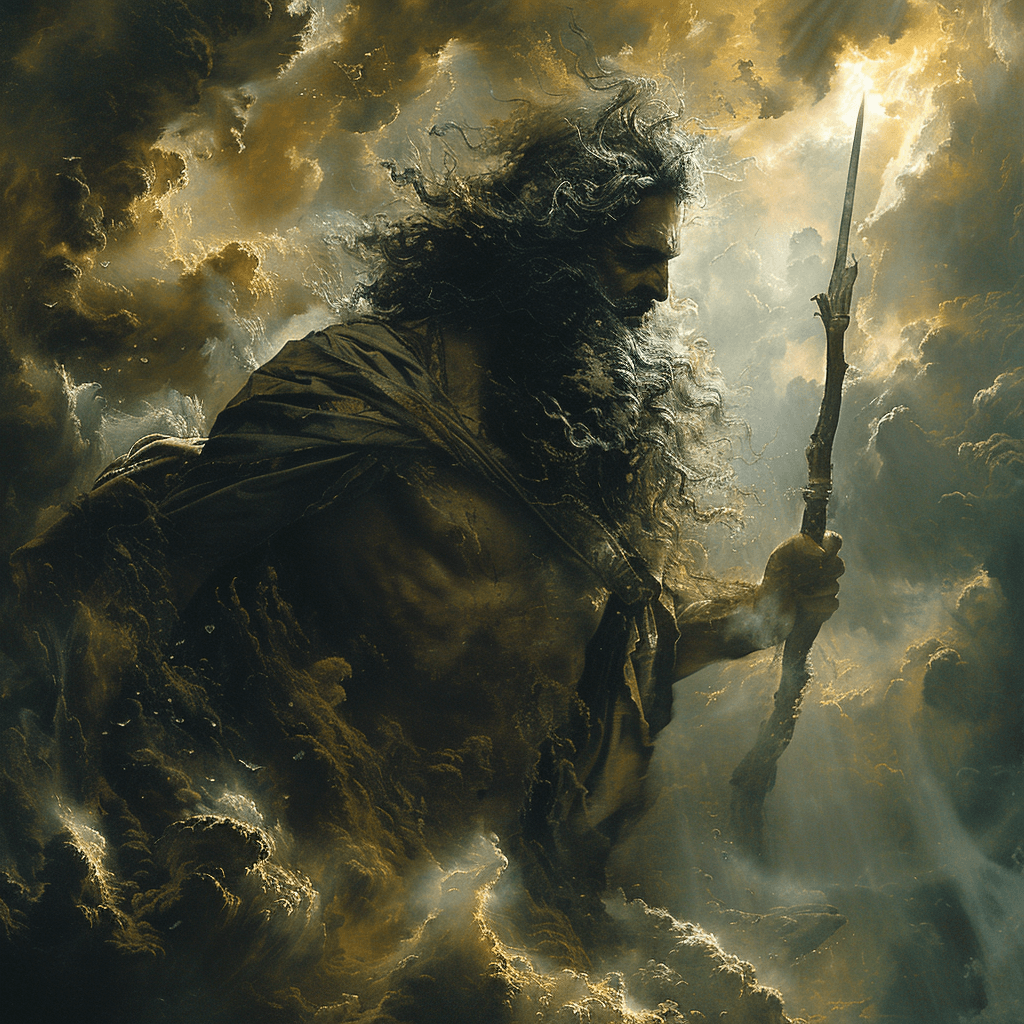
Vetis
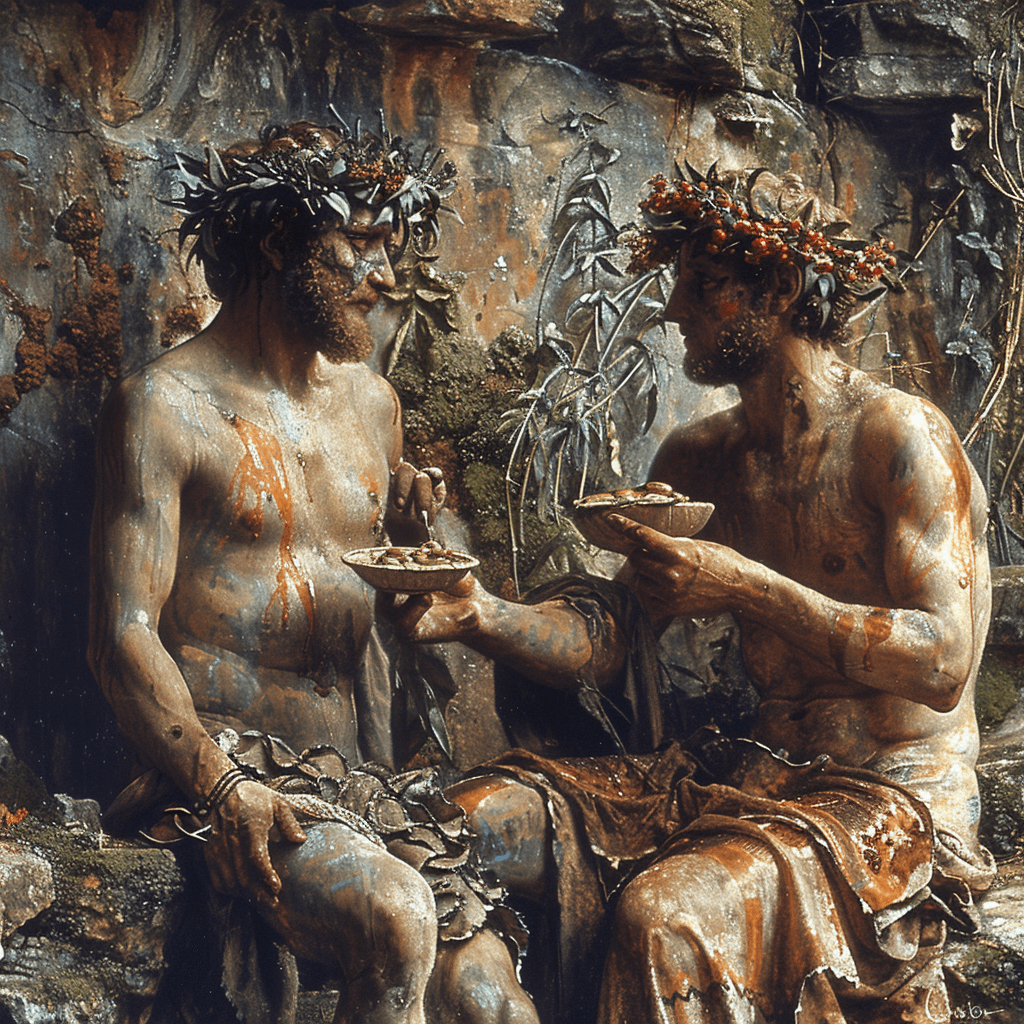
Fufluns
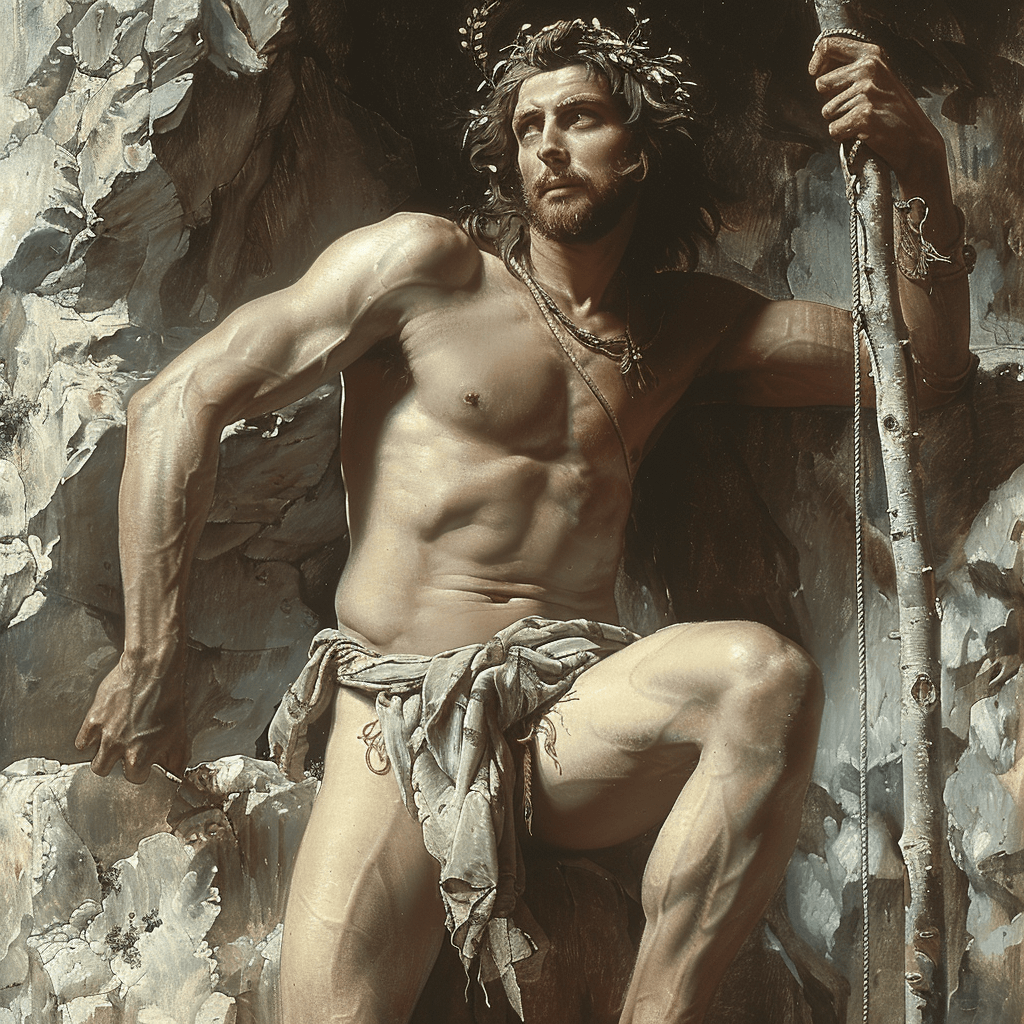
Celsclan
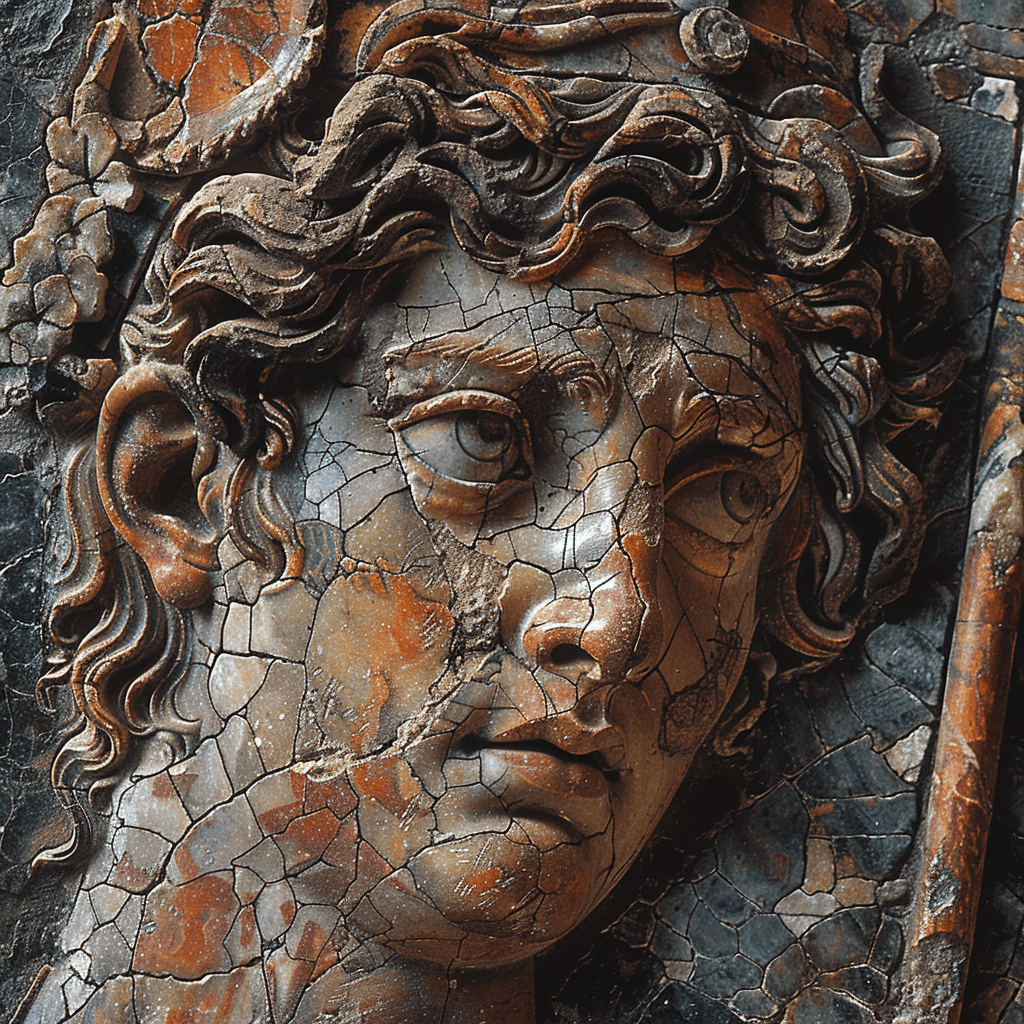
Tages
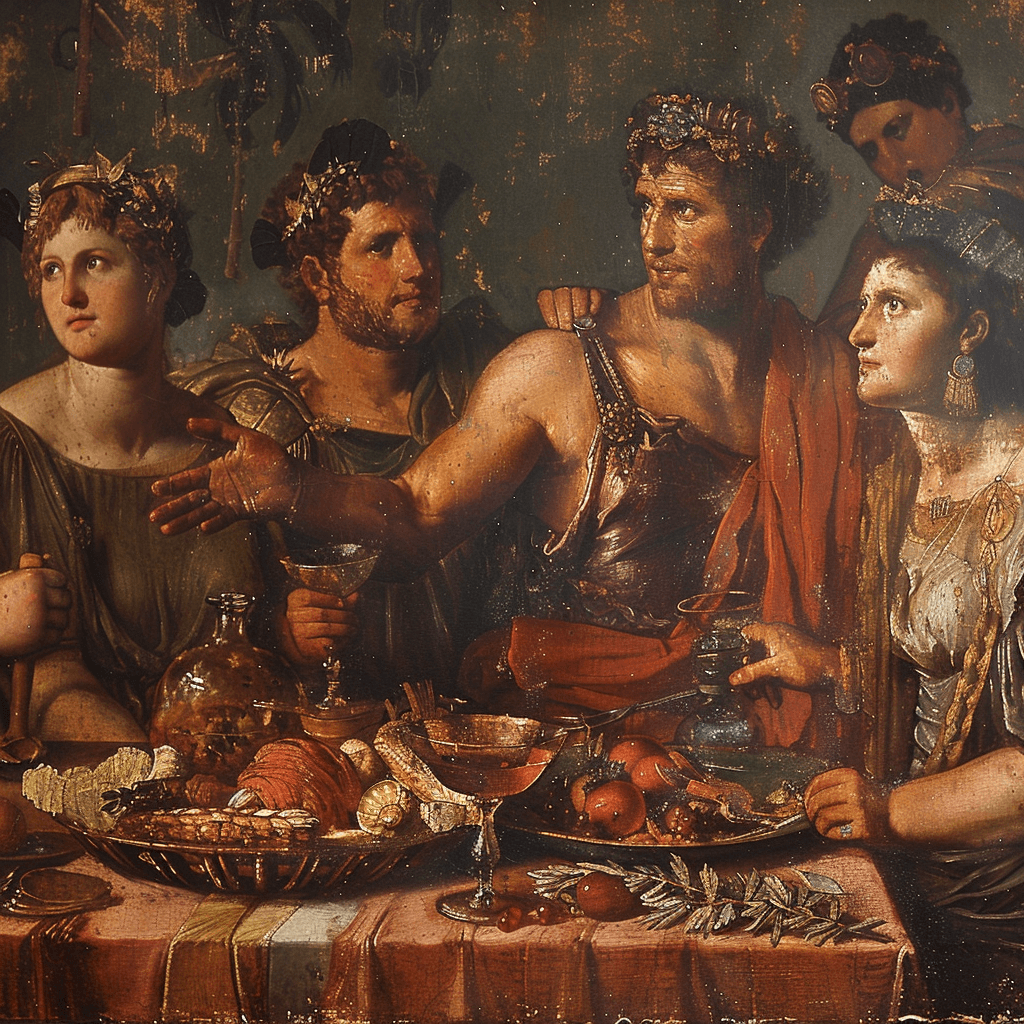
Lars Porsena
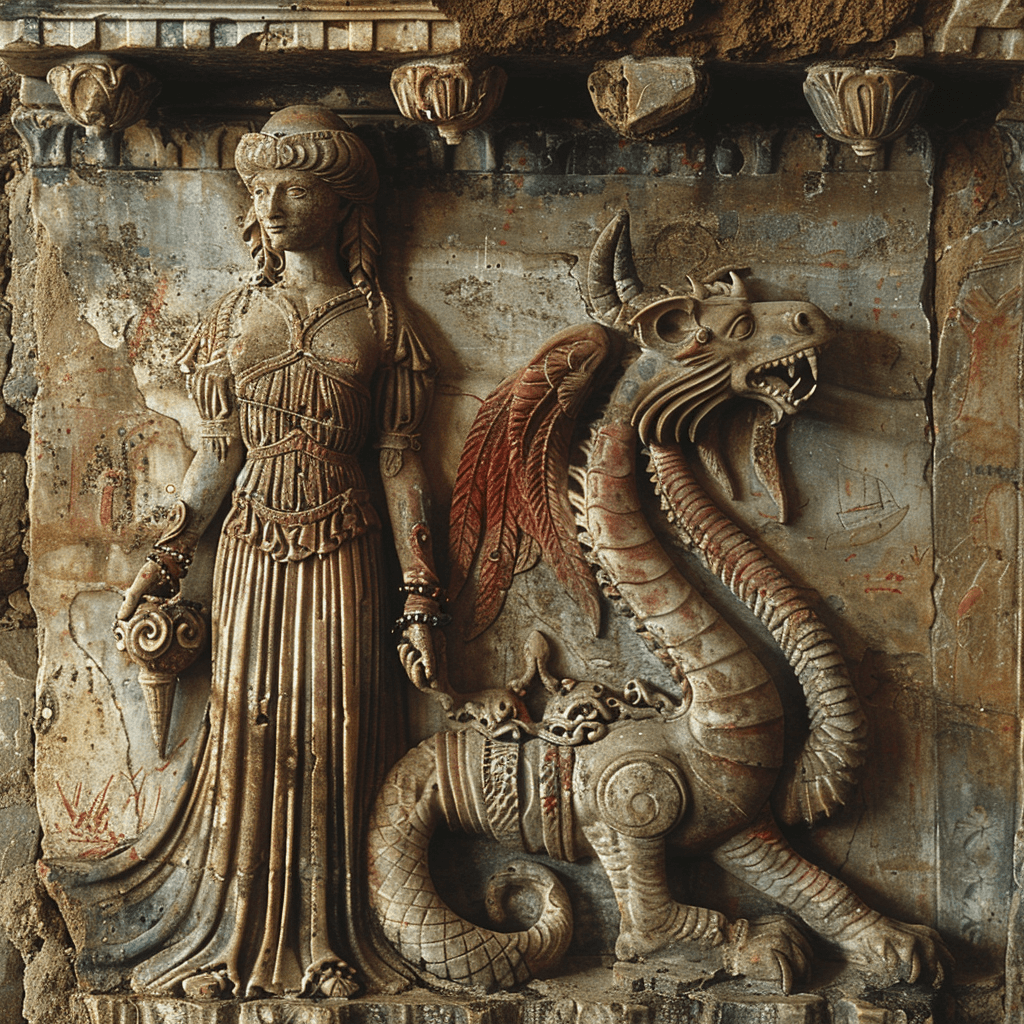
Calu
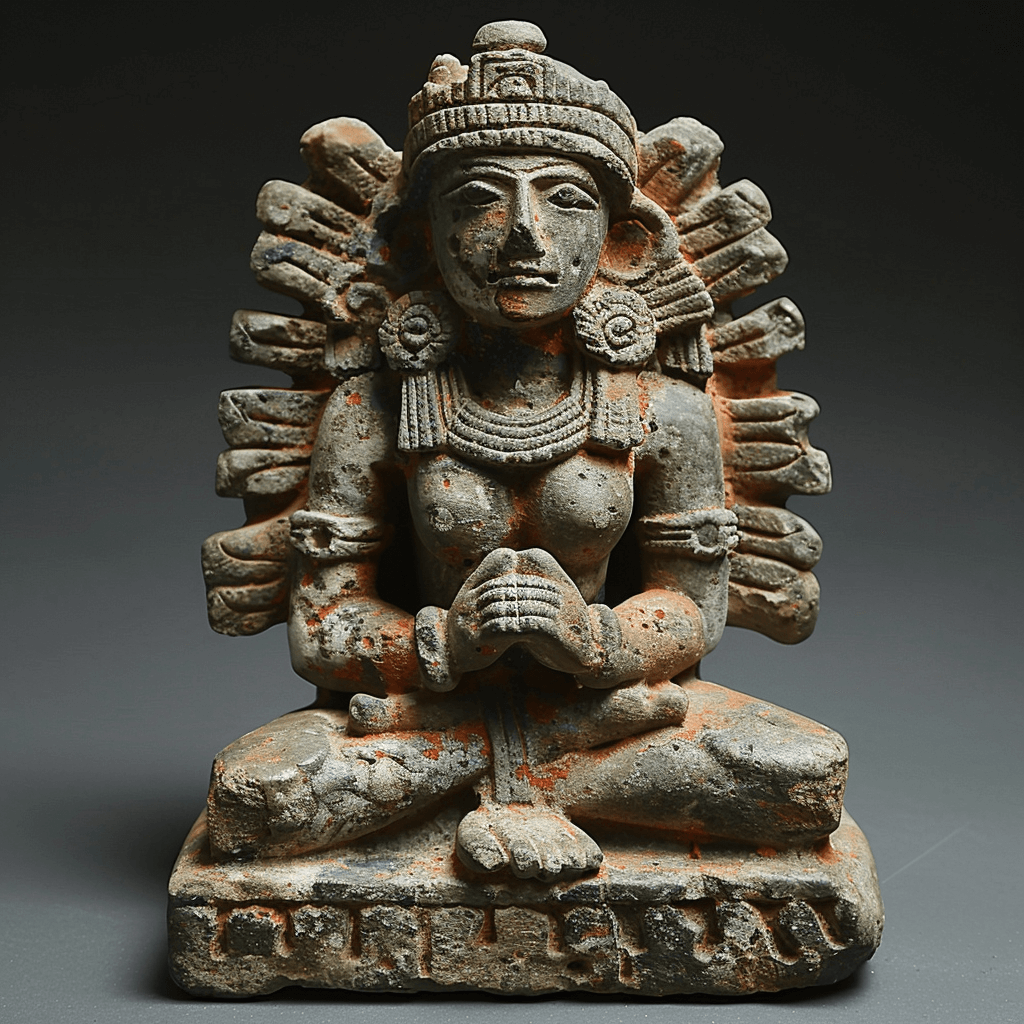
Achle
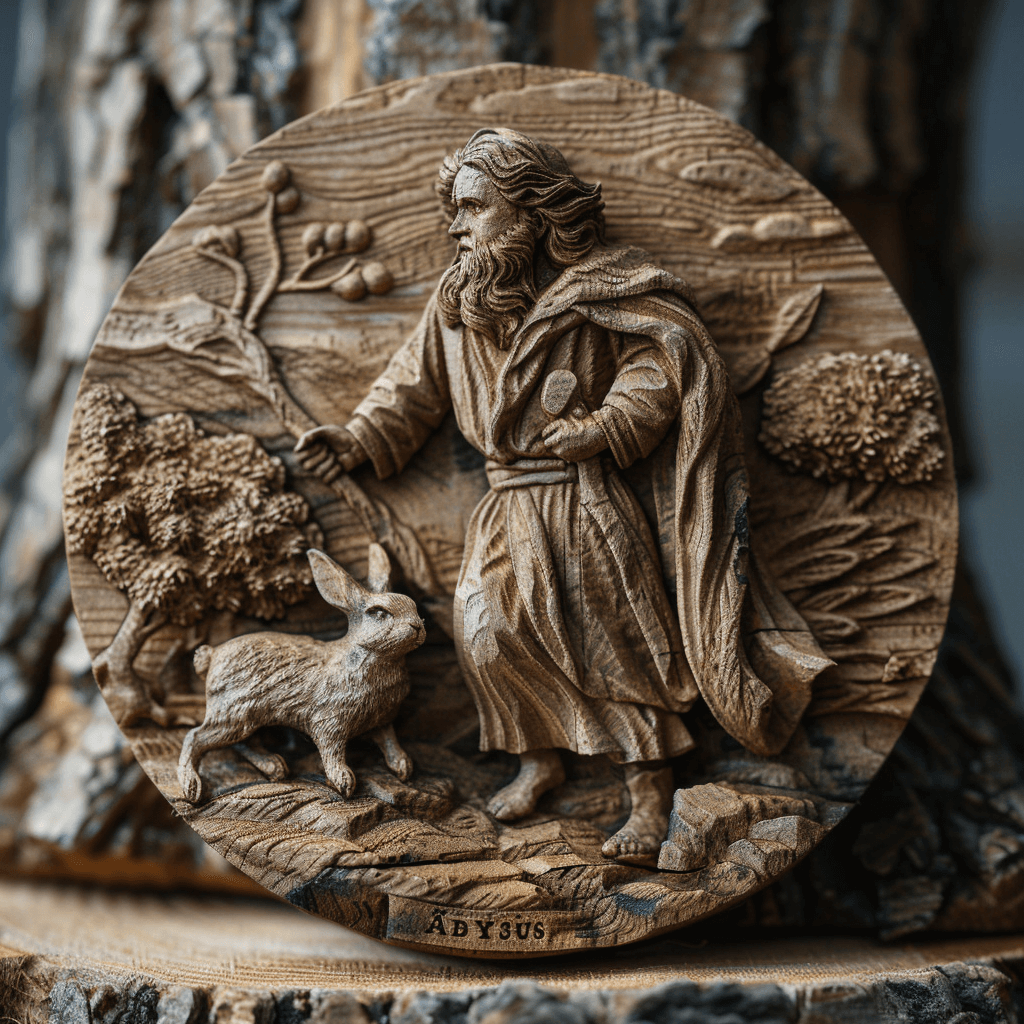
Selvans
Etruscan Mythology Creatures
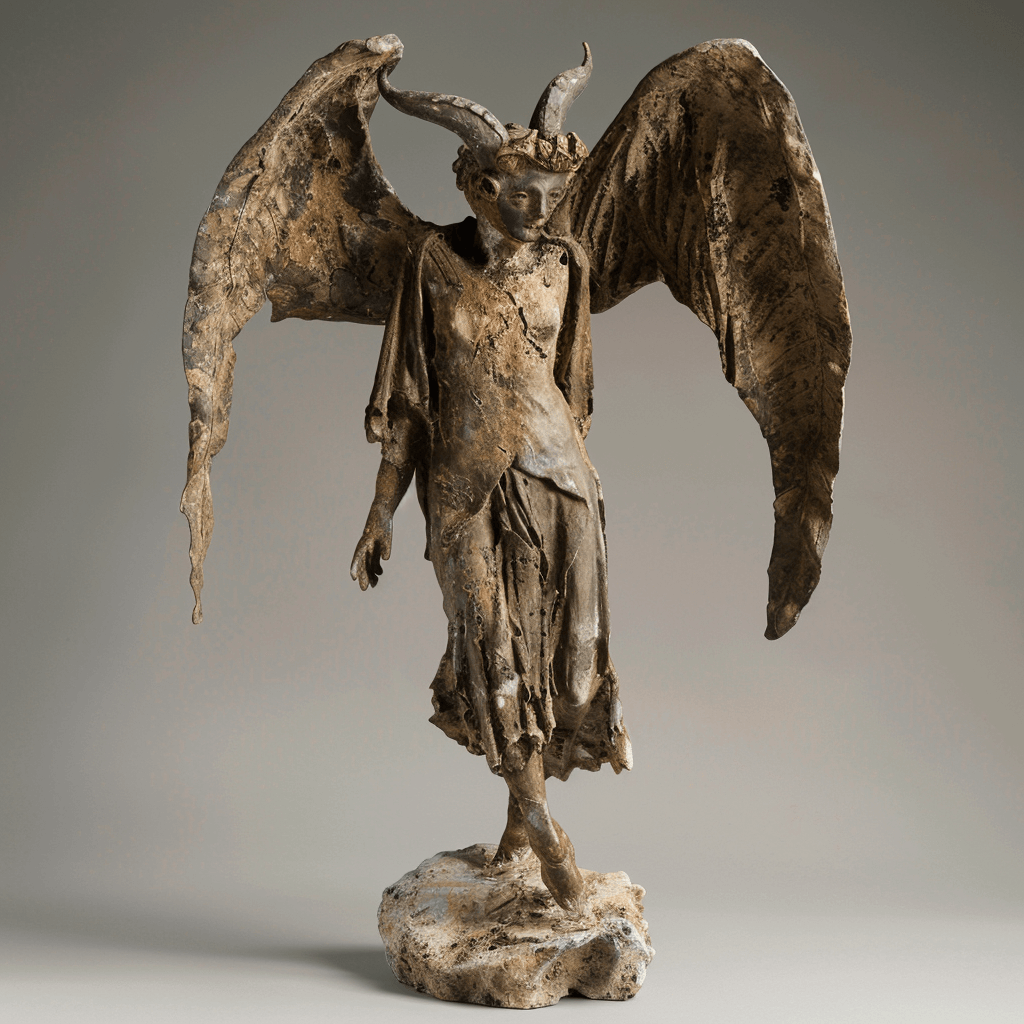
Vanth
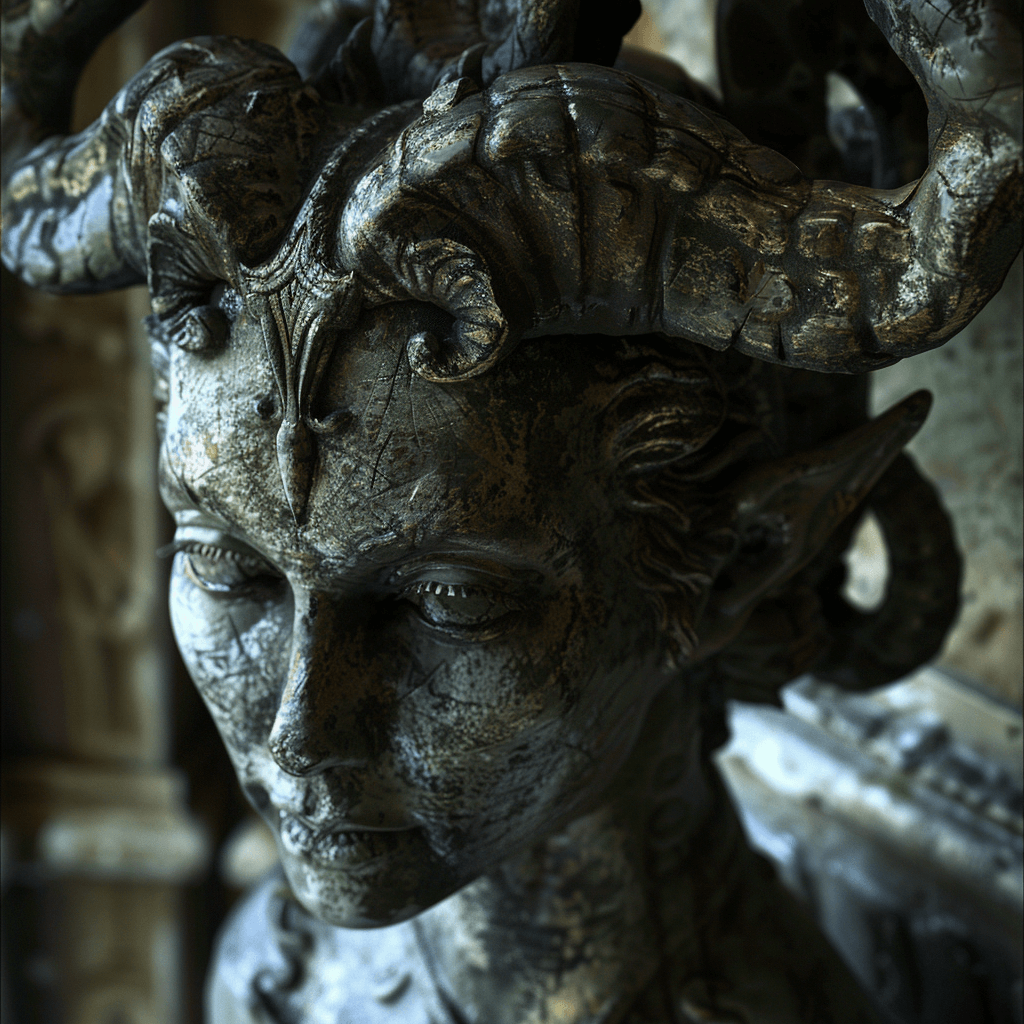
Culsu
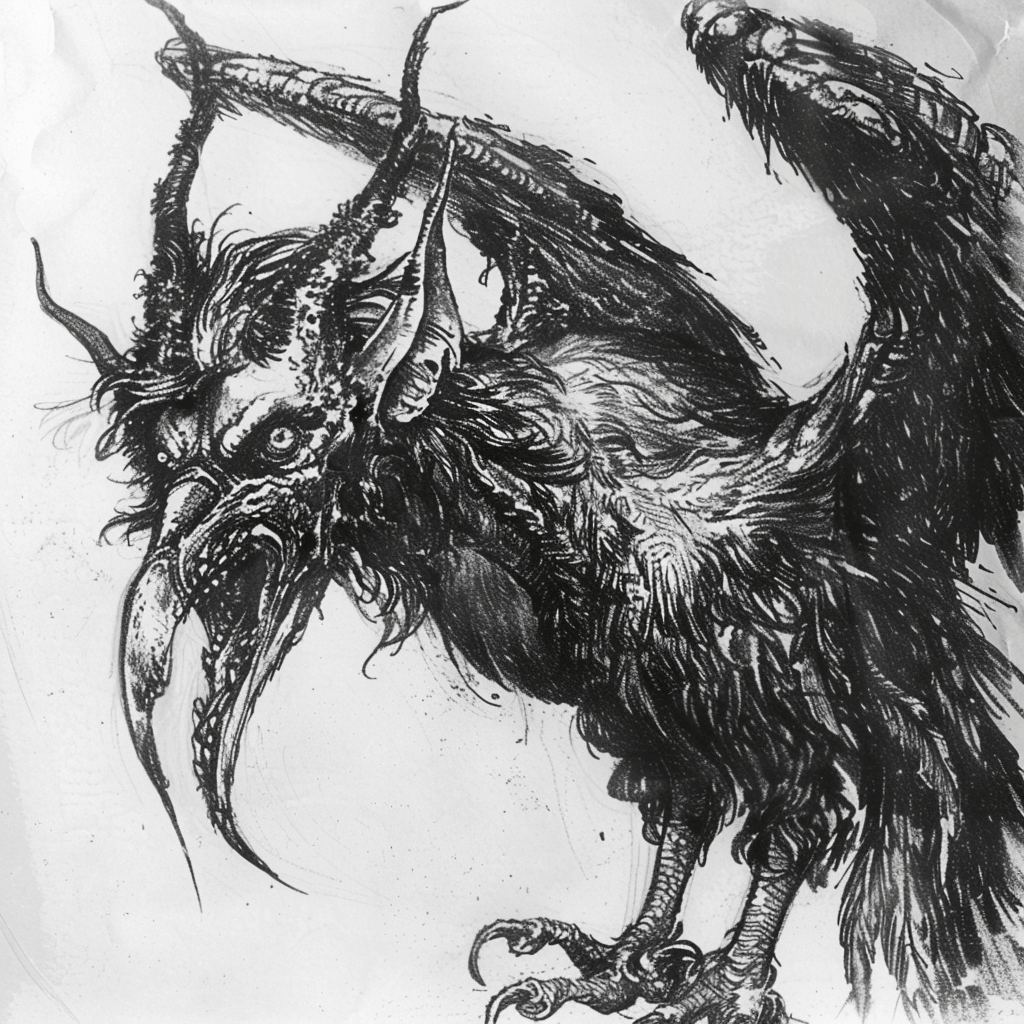
Tuchulcha
